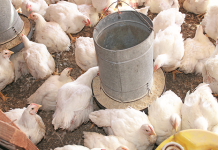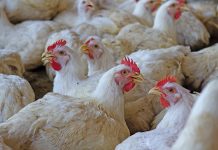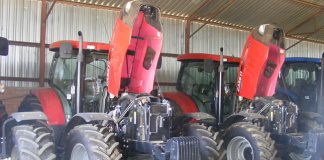Paging through the Sunday Times a week or two ago, I spotted a headline in the business section: “Stokvels: Make more money with group savings”. The article confirmed what I have always believed – that these groups could be used to bring far more benefits to their members than they do at present. Education is the key, according to Busi Skenjana, managing director of BSK Marketing, who is determined to teach stokvel members about saving their money with greater care, perhaps even investing in JSE-listed companies.
First, though, let’s educate ourselves a bit. A stokvel is a group saving scheme that assists its members – normally 12 or more – with finance as they require it. The word comes from the Afrikaans for stock fair, as this was one of the rare chances in bygone days for farm labourers to relax and spend time together. According to a study conducted by research company African Response, one of every two black South Africans belongs to a stokvel.
This can take the form of a burial society, saving scheme, grocery buying scheme or jazz club, among others. Stokvels remain an opportunity to socialise, which adds to their popularity. There are more than 800 000 stokvels in the country. Together, they have about 11,4 million members and account for a staggering R44 billion. It’s small wonder that almost all magazines with a black readership have a page dedicated to stokvels.
Investing wisely
The big question, though, is: what is done with this money? Is it invested intelligently or simply put aside till January (or whenever) to be spent? According to Skenjane, it could be used to generate true wealth rather than just being cash to survive on. Some stokvels, of course, are getting it right. I know of a kitchen party stokvel that buys each member a kitchen utensil once a month until all members have the same utensil.
The pattern is then repeated with the next utensil. When I last spoke to the members, they were buying food warmers, which are useful when entertaining a large group. This is where the clever thinking comes in: members buy only one food warmer each, and borrow extra food warmers from the others as they need to. And when no one is using the food warmers, they rent them out to caterers, creating an income for the stokvel.
Could small-scale farmers not do the same? Why not form a stokvel and share farm equipment, and then hire it out when it’s not in use by the members? There’s another way in which a stokvel could benefit farmers: the savings could be used to buy in bulk, helping to keep input costs down as low as possible. Apart from these two advantages, stokvels offer farmers the opportunity to share ideas on farming in an informal way.
The importance of this should not be underestimated; farming is a difficult and complex job, and even experienced farmers can benefit from swapping ideas. There’s always something new to learn. In recent years, banks such as Standard Bank and Absa have been aggressively courting the stokvels. It would be interesting to see whether Land Bank ever gives the concept the support it deserves.













